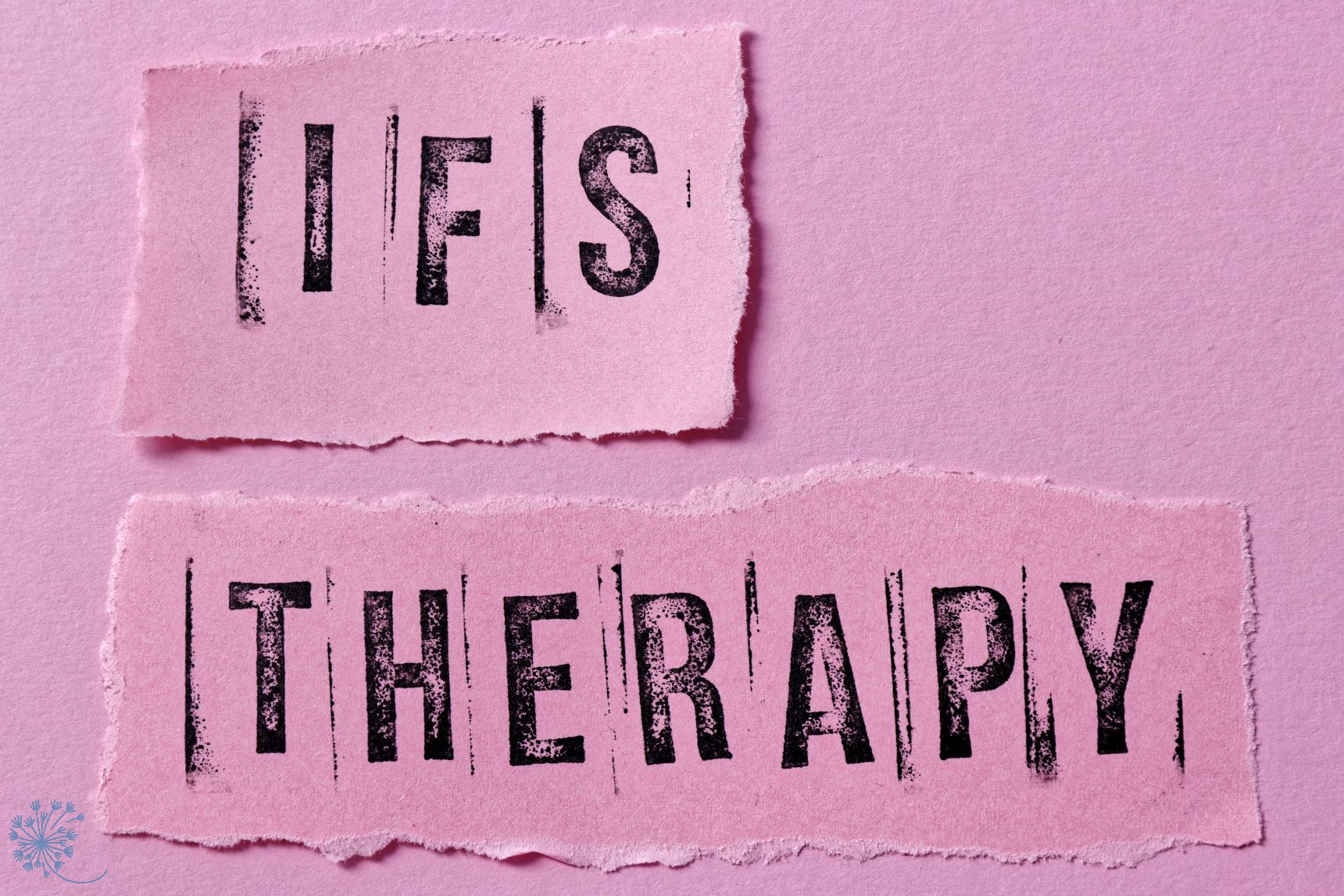Dissociative Identity Disorder (DID) and Other Dissociative Disorders
Dissociative disorders are a group of mental health conditions that involve disruptions or breakdowns in memory, awareness, identity, or perception.

Welcome to Sea Change Psychotherapy, where we specialize in providing compassionate, expert care for individuals affected by Dissociative Identity Disorder (DID) and other dissociative disorders. We understand that navigating these complex conditions requires a nuanced, evidence-based approach, and we are here to support you every step of the way.
Understanding Dissociative Disorders
Dissociative disorders are a group of mental health conditions that involve disruptions or breakdowns in memory, awareness, identity, or perception. These disorders are often a response to severe trauma, where the mind’s coping mechanism is to distance itself from the reality of the traumatic experience. The most common dissociative disorders include Dissociative Identity Disorder (DID), Dissociative Amnesia, Depersonalization/Derealization Disorder, and Other Specified Dissociative Disorder (OSDD).
Dissociative Identity Disorder (DID)
Dissociative Identity Disorder, previously known as Multiple Personality Disorder (MPD), is characterized by the presence of two or more distinct personality states or identities, often referred to as alters. These alters may have their own names, ages, histories, and characteristics, and they can take control of the individual’s behavior at different times. DID often develops as a result of severe, repeated trauma during early childhood, serving as a protective mechanism to cope with overwhelming stress.
Dissociative Amnesia
Dissociative Amnesia involves an inability to recall important personal information, usually related to trauma or stress, that is too extensive to be explained by ordinary forgetfulness. This condition can manifest in different ways, such as:
- Localized Amnesia: The individual cannot remember events from a specific period, often around the time of a traumatic event.
- Selective Amnesia: The person remembers some, but not all, events from a certain period.
- Generalized Amnesia: A complete loss of memory for one’s life history, which is rare but can occur, especially after a significant traumatic event.
- Continuous Amnesia: The individual cannot recall events up to a certain time, including everything that has happened since a particular event.
Depersonalization/Derealization Disorder
Depersonalization/Derealization Disorder is characterized by persistent or recurrent feelings of detachment from one’s self (depersonalization) or the surrounding environment (derealization). Individuals with this disorder may feel as though they are observing themselves from outside their body or that the world around them is unreal. While these experiences can be distressing, individuals with this disorder remain aware that their perceptions are not accurate, distinguishing it from psychotic disorders.
- Depersonalization: Involves a sense of detachment from oneself, as if observing one’s actions, thoughts, or feelings from outside.
- Derealization: Involves a sense of detachment from the environment, where the world may seem unreal, dreamlike, or distorted.
Other Specified Dissociative Disorder (OSDD)
Other Specified Dissociative Disorder (OSDD) is a category used when an individual exhibits dissociative symptoms that do not fully meet the criteria for any of the specific dissociative disorders. Symptoms might include identity disturbances or dissociative amnesia, but the presentation does not align with the full criteria for DID, Dissociative Amnesia, or Depersonalization/Derealization Disorder. This category allows for the diagnosis of dissociative conditions that are significant and impairing but atypical in their presentation.
The Role of Trauma in Dissociative Disorders
Dissociative disorders are almost always linked to severe and prolonged trauma, particularly during childhood. Trauma can include physical, emotional, or sexual abuse, neglect, or other forms of extreme stress. Dissociation serves as a defense mechanism, allowing the individual to distance themselves from the traumatic experience to survive. While dissociation can be protective in the short term, it can lead to significant challenges later in life, including difficulties with memory, identity, and daily functioning.
Evidence-Based Treatment Approaches We Use
At Sea Change Psychotherapy, we use evidence-based treatment approaches tailored to meet the unique needs of individuals with Dissociative Identity Disorder and other dissociative disorders. Our approach is grounded in trauma-informed care, recognizing the profound impact that trauma has on the development of dissociative disorders.
Eye Movement Desensitization and Reprocessing (EMDR)
Eye Movement Desensitization and Reprocessing (EMDR) is one of the most effective evidence-based therapies for treating trauma-related conditions, including dissociative disorders. EMDR helps individuals process and integrate traumatic memories in a way that reduces their impact on daily life.
During EMDR sessions, the therapist guides the client through recalling distressing events while simultaneously engaging in bilateral stimulation, such as guided eye movements or tapping. This process helps the brain reprocess traumatic memories, reducing the intensity of the emotional response associated with those memories. For individuals with dissociative disorders, EMDR can be particularly beneficial in addressing the fragmented memories and intense emotions linked to trauma, helping to reduce symptoms such as flashbacks, dissociation, and emotional distress.
Internal Family Systems (IFS)
Internal Family Systems (IFS) is another powerful, evidence-based therapy used to treat dissociative disorders. IFS is based on the concept that the mind is made up of multiple sub-personalities or “parts,” each with its own distinct characteristics and roles. In individuals with DID, these parts may correspond to the alters or identities that control behavior at different times.
IFS therapy focuses on understanding and healing these internal parts by fostering a compassionate relationship between the client’s core Self and their parts. The goal is to help the client access their core Self, which is naturally calm, curious, and compassionate, and use this Self-energy to heal and integrate the parts that are burdened by trauma.
For individuals with dissociative disorders, IFS offers a non-pathologizing approach that respects the protective roles of different parts and works towards internal harmony and healing. It is particularly effective in helping clients understand and communicate with their alters, promoting greater integration and cooperation among the different parts of their identity.
Our Therapeutic Approach
- Creating a Safe Therapeutic Environment: The cornerstone of our treatment approach is creating a safe, supportive space where you can explore your experiences without fear of judgment. Trust is essential in therapy, particularly for individuals with dissociative disorders, who may have experienced significant betrayal or harm in the past.
- Psychoeducation: We believe that understanding your condition is a critical step toward healing. We will provide you with comprehensive information about dissociative disorders, including how they develop, what they mean for your mental health, and what to expect in therapy.
- Integration and Communication Among Alters (for DID): For individuals with DID, one of the goals of therapy is to increase communication and cooperation among the different alters. This does not necessarily mean “merging” the alters into one identity, but rather fostering a collaborative relationship that allows for more consistent functioning in daily life.
- Processing Traumatic Memories: A significant component of therapy for dissociative disorders involves working through the traumatic memories that led to the development of the disorder. This is done at a pace that feels safe for you, using techniques such as EMDR and IFS, which are both highly effective in trauma processing.
- Developing Coping Strategies: We will work together to develop practical strategies for managing dissociation and other symptoms of dissociative disorders. This might include grounding techniques, mindfulness practices, and tools for recognizing and responding to triggers.
- Family and Social Support: Dissociative disorders can be isolating, and the involvement of supportive family members or loved ones can be crucial to the healing process. We offer family counseling and education to help your loved ones understand your condition and learn how to support you effectively.
Why Choose Sea Change Psychotherapy?
- Expertise in Dissociative Disorders: Our therapists have specialized training in the treatment of dissociative disorders, ensuring that you receive care that is knowledgeable, compassionate, and effective.
- Trauma-Informed Care: We approach therapy with a deep understanding of trauma and its impact on mental health. Your safety and comfort are our top priorities.
- Personalized Treatment Plans: We recognize that every individual’s experience with dissociative disorders is unique. Our treatment plans are tailored to your specific needs, goals, and pace.
- Confidential and Respectful Environment: We provide a confidential, non-judgmental space where you can feel free to explore your experiences and work toward healing.
Moving Beyond the Stigma
Despite greater awareness of mental health issues, Dissociative Identity Disorder and other dissociative disorders still carry a significant amount of stigma and misunderstanding. Many people are familiar with the outdated term Multiple Personality Disorder, often sensationalized in media and pop culture. This has contributed to a distorted view of what these disorders actually are.
At Sea Change Psychotherapy, we are committed to dispelling myths and providing accurate information about dissociative disorders. We believe that with proper understanding and support, individuals with dissociative disorders can lead fulfilling, connected lives. Our goal is to empower you to reclaim your life, embrace your strengths, and move forward with confidence.
Take the First Step Toward Healing
If you or a loved one are experiencing symptoms of Dissociative Identity Disorder, Dissociative Amnesia, Depersonalization/Derealization Disorder, or Other Specified Dissociative Disorder, we are here to help. Contact Sea Change Psychotherapy in Atlanta today to schedule a consultation. We offer a safe, compassionate environment where you can begin the process of healing and recovery.
Dissociative disorders are not something you have to face alone. With the right support and treatment, it is possible to manage symptoms, integrate experiences, and move
Therapy Method Information
Below is more information on some of the types of therapy available for this condition.
At Sea Change Psychotherapy of Atlanta, we offer Eye Movement Desensitization and Reprocessing (EMDR) therapy to help you overcome trauma and regain control.
Unlocking Healing with Internal Family Systems Therapy: A comprehensive guide to IFS and the categories of Exiles, Managers, and Firefighters







